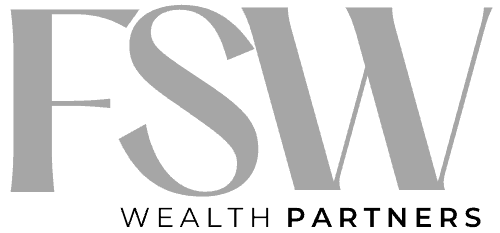Retirement is a major milestone in your life; you need to retire in a way that works for your goals.
It does not matter where you are on your retirement journey, we meet you where you are at because it is never too early or too late to have a plan.
The key is to have a plan.
